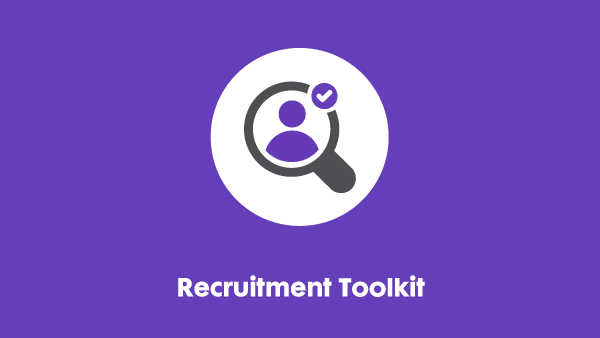Recruitment – Key statistics
Statistics and research on disability, recruitment and employment.

Statistics and research on disability, recruitment and employment.

Ask applicants how you can make the recruitment process more accessible and enjoyable at every opportunity.

Targets should be realistic and related to the core outputs of the role – the ‘essential’ criteria from the job description.

Hiring more disabled employees can help create more diverse workforces, which are more innovative and productive.

It is not enough just to hire disabled people – if you want to keep them, you will need to create accessible and inclusive workplaces.

An inclusive culture is one where disability is talked about openly and positively, and where people can ask for help or for things to be done differently when needed.

Disability Confident is a UK government voluntary scheme set up to support employers to recruit and retain disabled talent.

When recruiting, we are wisely advised to focus on finding the best person for the job. But what do we mean by best?

Once you have determined the skills you are looking for in role, how do you find that elusive “best” candidate? The answer, more often than not, is NOT the traditional panel interview.

Inclusive job design benefits both disabled candidates and organisations by ensuring that the right person for the role applies for the job.

“Co-creating” good jobs is when employer and employee work together to create a job role that meets both their needs.

Ringfencing – also known as ‘positive discrimination’ – can be lawful if you ringfence roles for disabled people in general.